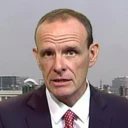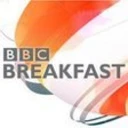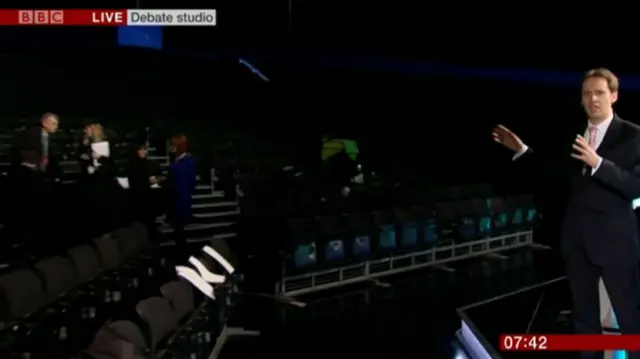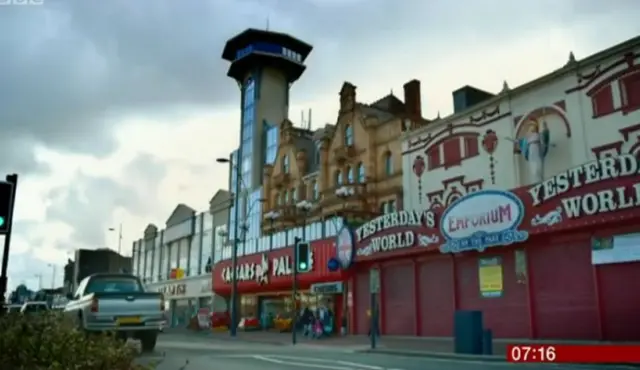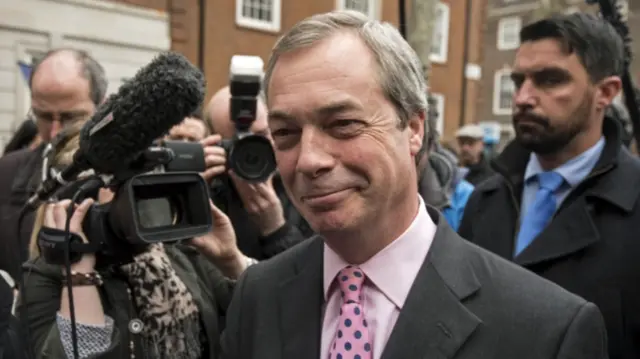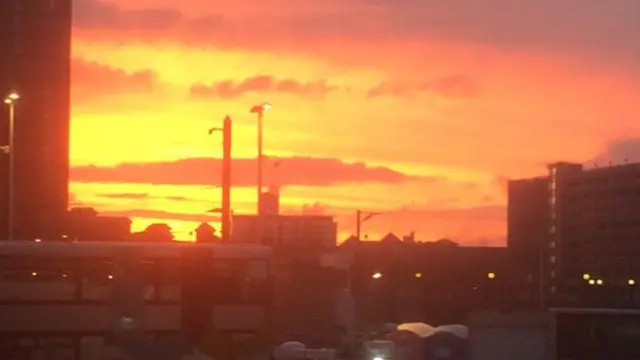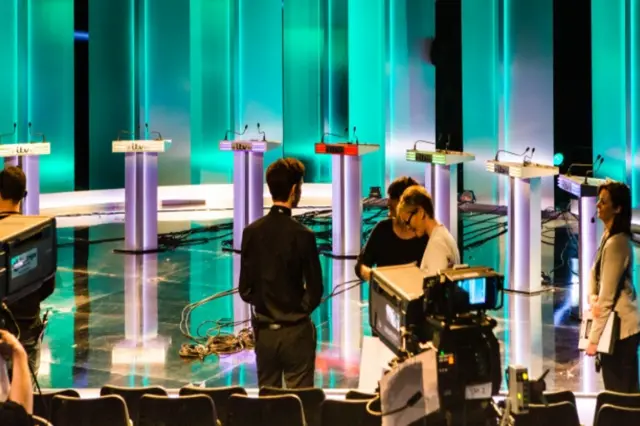Immigration target?published at 08:19 BST 2 April 2015
 BBC Radio 4 Today
BBC Radio 4 Today
Earlier this week, Mr Farage said he wanted immigration to return to "normal" levels. So what are the numbers, he is asked.
You can't have a cap for net migration because you cannot stop people leaving the country which is why figures are "impossible", the UKIP leader responds. He adds that the UK doesn't need any more unskilled migrant labour as "there's enough already" and it has driven down wages for Britons - before advocating an Australian-style points-based system.
